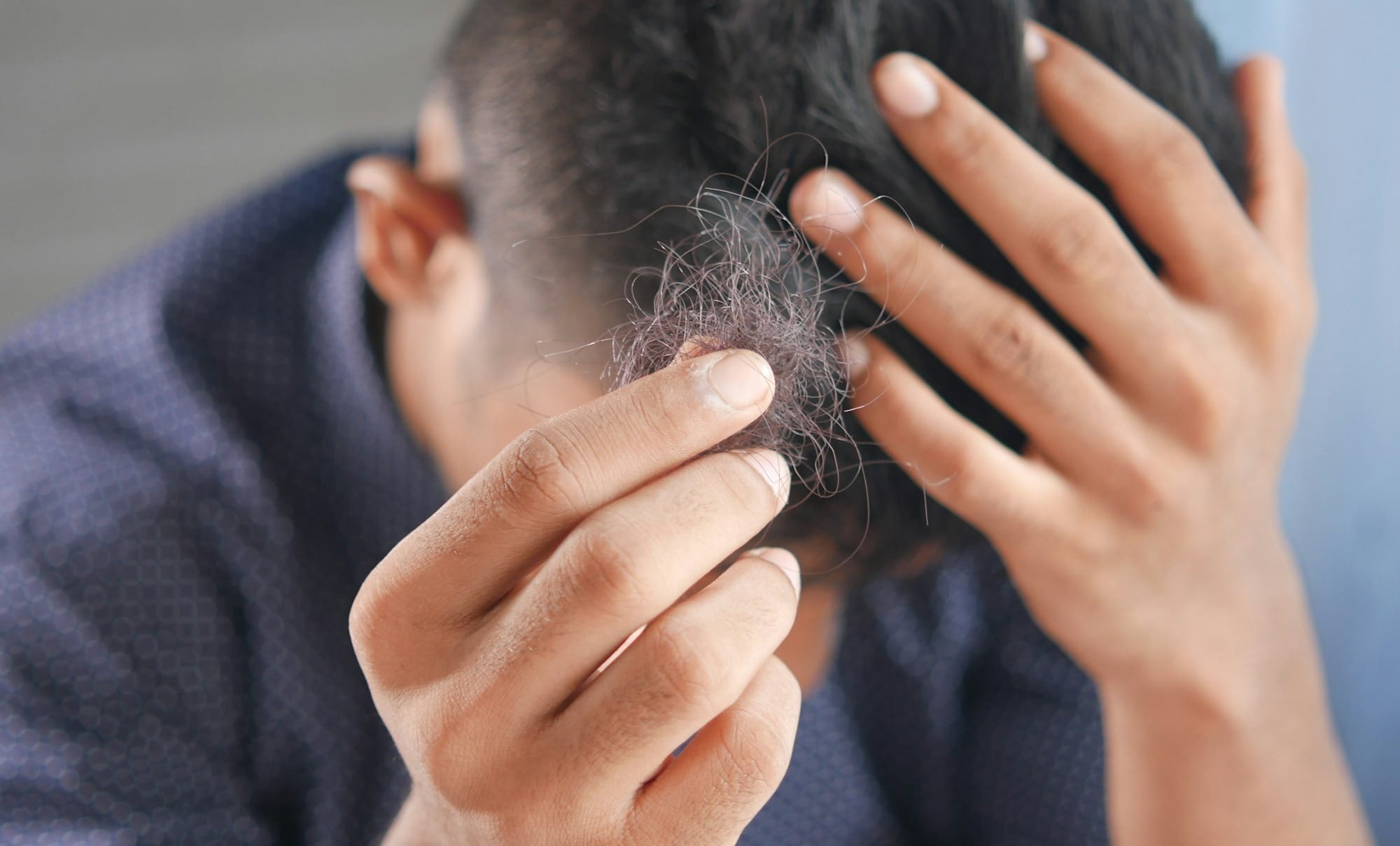Hair loss, ranging from mild thinning to complete baldness, can result from a variety of factors including genetics, autoimmune diseases, and specific medical conditions. Treatment options vary, providing potential relief and the possibility of regrowth.
Understanding the Root Causes of Hair Loss
Hair loss can manifest due to various factors, some of which may be more controllable than others. Hormonal changes often play a significant role. For instance, fluctuations during pregnancy, childbirth, menopause, and thyroid issues can lead to hair shedding. Stress and illness further compound these effects. In some cases, conditions like telogen effluvium, where hair follicles enter a resting phase prematurely, can be triggered by significant stress or trauma.
Aside from hormonal influences, genetic predisposition is a key determinant in hair loss. If close relatives have experienced hair thinning or baldness, there’s a higher likelihood you may face similar issues. Other contributing factors include certain medical conditions, such as alopecia areata, which is an autoimmune disorder causing patchy hair loss. Medications, radiation therapy, significant weight loss, and poor nutrition also exacerbate the situation. Understanding these root causes is crucial for effectively managing and mitigating hair loss.

Genetic Factors Contributing to Hair Loss
Genetics play a pivotal role in hair loss, specifically in the form of androgenic alopecia, commonly known as male-pattern and female-pattern baldness. This hereditary condition affects a significant portion of the population, manifesting as receding hairlines in men and thinning hair along the crown in women. The genetic factors involved primarily influence the hair follicle's sensitivity to dihydrotestosterone (DHT), a derivative of testosterone, which can shrink hair follicles and shorten the hair growth cycle.
While genetic predisposition is unavoidable, understanding your family history can provide insights into your own risk of developing androgenic alopecia. Early identification allows for proactive measures, such as lifestyle changes, hair care routines, or even medical treatments that can slow the progression of hair loss. Incorporating a balanced diet rich in essential nutrients, reducing stress, and avoiding hairstyles that tug on the hair can also play an essential role in managing genetic hair loss.
Seeking Professional Help: What To Expect
Professional treatments for hair loss can vary significantly, depending on the underlying cause and the specific needs of the individual. When you consult with a dermatologist or a hair specialist, you can expect a thorough examination of your scalp and hair to diagnose the type or pattern of hair loss you're experiencing.
It's crucial to consult with a doctor to create a tailored treatment plan. A healthcare professional can evaluate your specific condition, conduct necessary tests, and recommend the most appropriate therapies or medications. They can also monitor your progress, adjust treatments as needed, and manage any side effects. Consulting a doctor ensures a comprehensive approach, maximizing the effectiveness of the treatment while prioritizing your overall health.
Choosing the Right Hair Care Products
When choosing hair care products, it's essential to consider your specific hair type and needs. For instance, some products are formulated to enhance natural curls, while others target the challenges of fine or thinning hair. Pay attention to the ingredients list: look for nourishing elements like biotin, keratin, and essential oils that can strengthen and hydrate your hair. Avoid products with harsh chemicals, such as sulfates and parabens, as these can potentially exacerbate hair breakage and contribute to hair loss.
Additionally, be cautious with styling tools and treatments. Overuse of hair dryers, curling irons, and straighteners can lead to significant damage over time. Opt for products that offer heat protection if you frequently style your hair with heat. Moreover, if you use hair relaxers or other chemical treatments, ensure they are suitable for your hair type and apply them sparingly to prevent weakening your hair structure. Embracing a balanced hair care routine that prioritizes gentle handling and the right products can go a long way in promoting healthy hair and mitigating hair loss.
